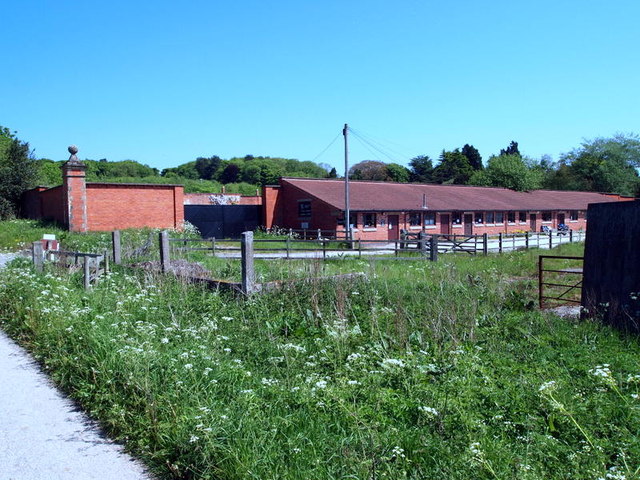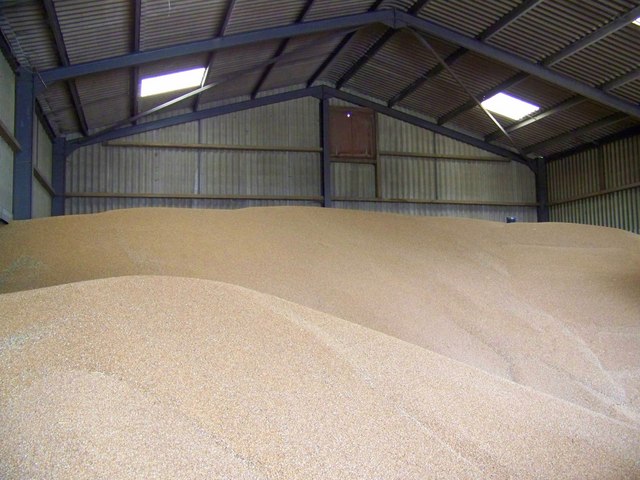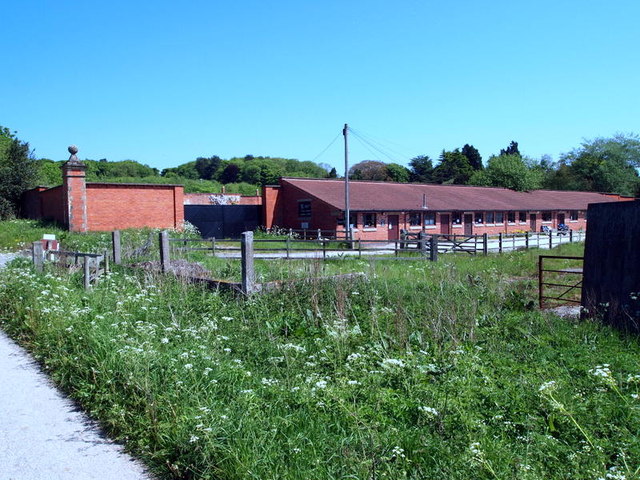As someone often asked to make presentations, visualising data through charts and graphics is an important aid for communication. The Google Public Data Explorer was launched in March 2010 with the objective to make large, public-interest datasets easy to explore, visualize and communicate. Some of its charts and maps animate over time, which at least is fun and may help to make changes in the world easier to understand. Embedded charts and links update automatically so in principle always showing the latest available data.
The number of data sets and public data providers has been growing, and includes the World Bank’s World Development Indicators, World Economic Forum competitiveness indicators, Eurostat, OECD and others.… Read the rest







